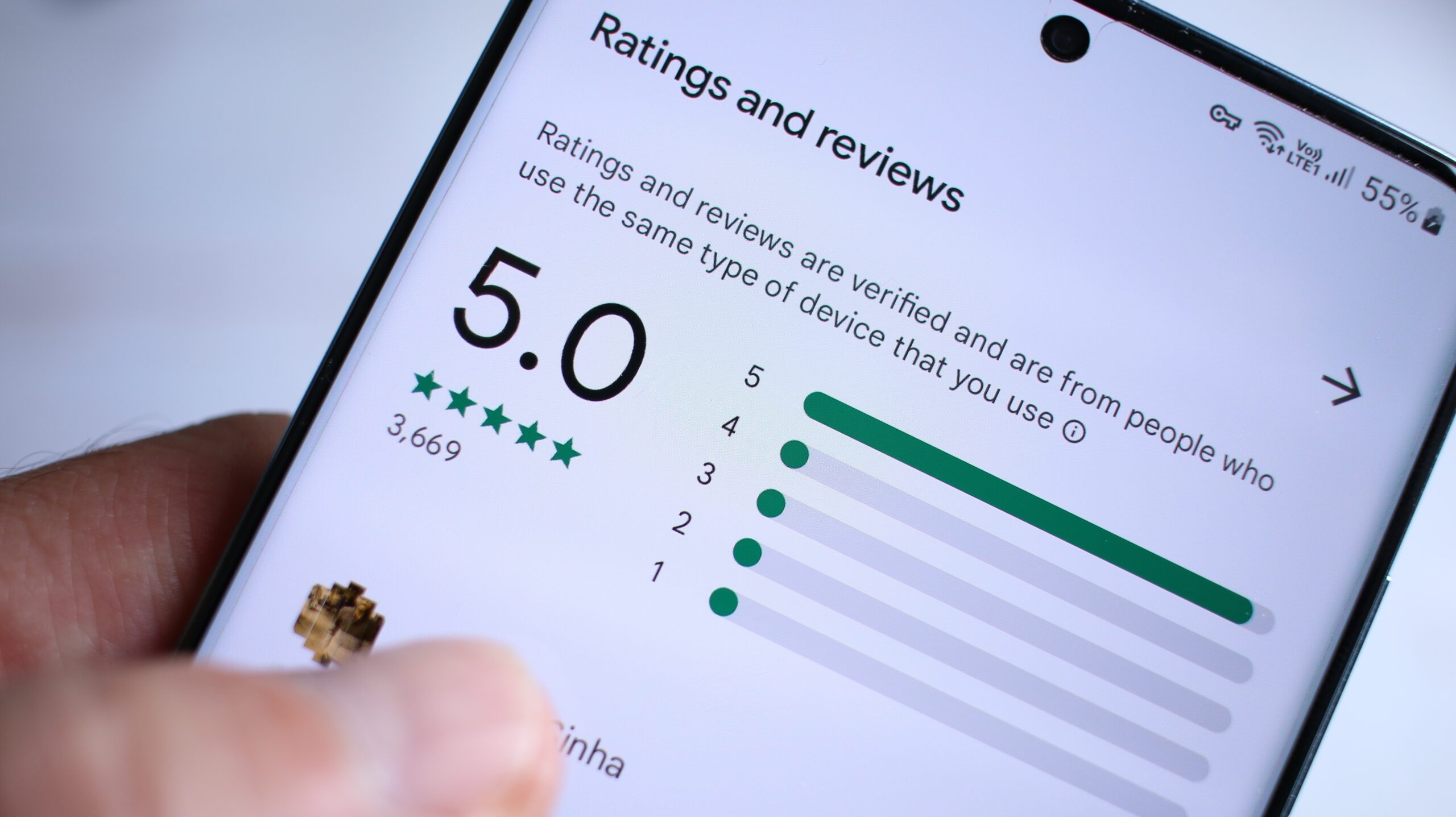4 May 2020
The internet does not always bring out the best in us.
Some people are willing to say things online that they would never say to a person’s face. I know I would feel far more comfortable leaving a negative online review than I would telling a barista ‘your coffee is terrible’ to their face.
Small business owners would know this all too well. Services like Facebook and Google reviews, and apps like Zomato, allow real customers to provide feedback easier than ever before. Genuine engagement can be great for both consumers and businesses.
But when trolls comment on a product or service, they can be seriously destructive. We should not assume that every online review is factually accurate. Some are malicious.
What can a person do if their business is unfairly criticised online?
A plan of attack for the unfairly criticised
Firstly, ask yourself whether the review is really that bad. If you have one nasty review among a bunch of nice ones, then maybe your customers will see the criticism as an anomaly. In many cases, the best way forward is to just let it go.
Secondly, if you insist on doing something about it, then your sensible next step is to engage with the person and ask them nicely to stop. You catch more flies with honey…
Thirdly, if they persist on telling porkies, you might ask the service hosting the review—like Facebook—to remove the content. You can usually do that by clicking ‘report’ on whatever the review platform may be.
Fourthly, if that doesn’t work, you should consider seeing a lawyer.
You can sue over a negative online review
A nasty online review can provide the basis for litigation. There are several different ‘causes of action’—or bases for suing—that may be available to you.
Defamation is one of them. Defamation law protects a person’s interest in their reputation. If content tends to make people think less of you, then it may be defamatory. If something is defamatory, then you generally can sue in response to its publication.
However, most companies can’t sue in defamation unless they have 10 employees or less. Under forthcoming changes to Australian defamation laws, companies will also need to show that they have suffered ‘serious financial loss’ in order to sue.
But if the nasty review identifies you personally, then you can sue in your own name. This means that businesses operating as sole traders, and partnerships, have a leg up over other businesses when it comes to defamation law. Professionals like medical doctors, accountants, and restauranteurs may be personally identified in a defamatory review, and so able to sue.
Earlier this year, an Adelaide lawyer won $750,000 against a woman who destroyed his legal practice by making a series of nasty online reviews. The woman did not even show up to the proceedings. It was a great case study on what not to do if you are sued in defamation.
What if your business has more than 10 employees, and the nasty review doesn’t identify you personally? You still have options.
You might be able to sue for ‘injurious falsehood’: a tort (that is, a wrong) involving malicious and false publications about your goods or business, which causes actual damage. If the unfair criticism is more reckless than malicious or nasty, you might be able to sue in negligence. This kind of tort claim is sometimes called ‘negligent misstatement’.
Or if another business is having a go at your business, you may be able to sue for ‘misleading or deceptive conduct’. Under our Competition and Consumer Act, a business cannot engage in conduct that is ‘misleading or deceptive’ or ‘likely to mislead or deceive’ in the context of ‘trade or commerce’. Australian courts hear misleading or deceptive conduct claims every day.
Long story short: if an online troll is seriously slagging off your business online, there are plenty of ways that lawyers can do something about it.
You can sue to identify anonymous trolls
If you are criticised by an anonymous person, in order to sue them you should first figure out who they are.
One way to do that is through litigation. You can sue the company behind the website or service hosting the nasty review, compelling that company to reveal the identity of the reviewer.
If the service is hosted by a local company, this is reasonably straightforward. For example: the company behind ASX discussion website ‘HotCopper’ is located in Australia. In a recent case, the company was compelled to reveal the IP addresses, names, addresses and contact information of various users who had made (allegedly) defamatory statements under the cover of pseudonyms.
If the dodgy review was made through Facebook or Google, things are a little trickier. This is because the companies behind those services are based overseas. Even so: it may still be possible to get those companies to identify anonymous trolls.
For example, last Valentine’s Day it was reported that a Melbourne dentist was given permission to serve Google to attempt to find out the personal details of an anonymous account that left a bad review about his practice.
As more and more businesses are on the receiving end of nasty reviews by anonymous trolls, this sort of litigation will become increasingly common.
What does this mean for the keyboard warriors writing spicy things online? Never assume you are truly anonymous. Next time you feel like being vindictive online, take a breath and consider whether it is really worth the effort.
Disclaimer: The information published in this article is of a general nature and should not be construed as legal advice. Whilst we aim to provide timely, relevant and accurate information, the law may change and circumstances may differ. You should not therefore act in reliance on it without first obtaining specific legal advice.

 Back to news
Back to news Read article
Read article